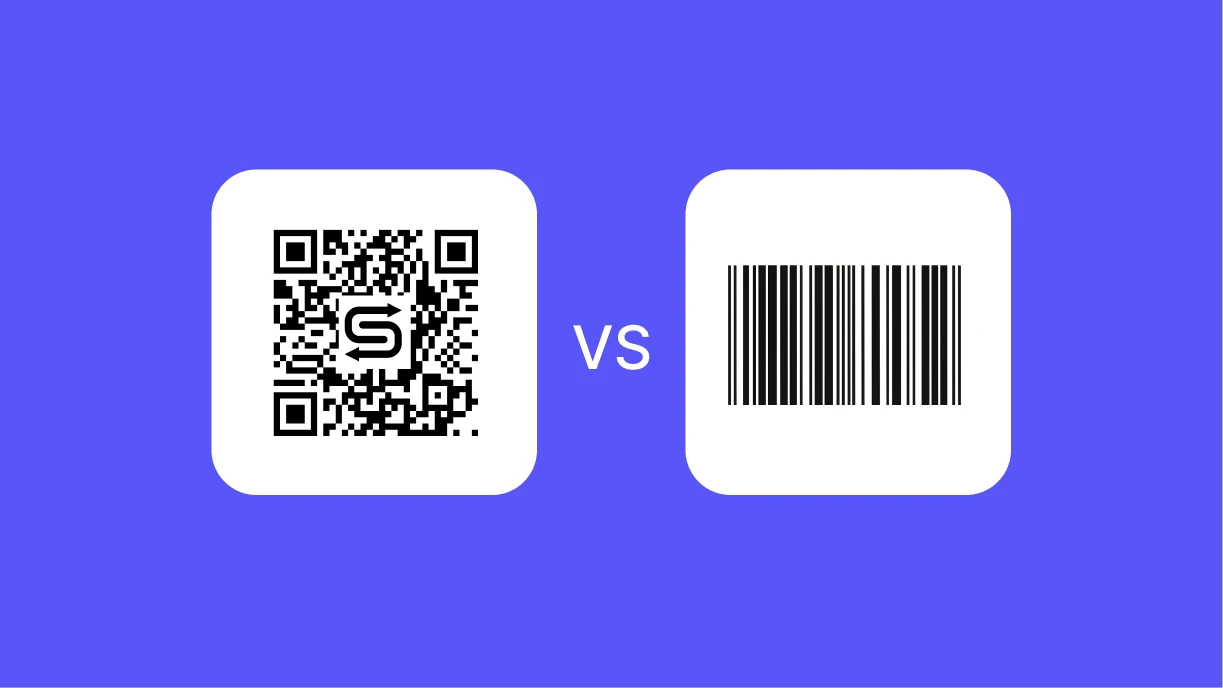In 2007, the then-CEO of IBM Sam Palmisano said in an interview that the server-based software has run its course and now stands dead. He was probably right! Cloud-based software is now all over the place and server-based software has become obsolete. Interested in how your event company can best use cloud-based software to your advantage? Keep scrolling.
What is Cloud-Based Software?
Cloud-based software runs on shared computing resources via the Internet. It has lower up-front costs, so it’s especially ideal for small and medium sized businesses.
Earlier, enterprises used to install server-based software in their in-house servers to facilitate software-related activities. So, either the software was installed in the main server of the organization or on individual machines. This practice required installation of IT infrastructure and manpower for regular maintenance, which made it it very expensive.
Why is Server-Based Software Dead?
Let’s break it down in detail:
Server-Based Software is Costly: Cloud-Based Software is the Best Investment
Server-based software used to come with an upfront cost that was always high for any small or medium-sized enterprise. It involved the installation of machines equipped with high end hardware to support the functioning of such software on enterprise level.
Now, servers cost a lot more than a regular PC and they normally go redundant after a few years. Windows and Mac licensed servers cost on per-user basis and, in case you need to scale up your staff, you will have to pay more for additional users. Servers also require a lot of checking, updating, and monitoring, which requires you to hire an IT expert to take care of all this. And, if a server ever went down, it would cost a fortune to get the server up and running again.
Single Point of Failure
Enterprises that rely on in-house servers are always at the risk of shutting down completely in case of a server failure. All the systems, software, and operations would go down with the server. On top of that, files stored in the central filing system are always under the threat of cyber security attacks that could be treacherous for the organization.
Difficult Transition
Migrating from a server-less architecture to server-based can be costly and cumbersome. Organizations could face IT blackout, repeated disruptions and systems performance issues could hamper the efficiency of organization.
Lower Quality of Support
Adding a layer of server creates confusion in identifying the real issue that is creating problems in the system. Isolating the cause of a given issue has become one of the most difficult aspects of ICT (Information Communication Technology) support. Figuring out whether it’s a server issue or a third party problem becomes cumbersome and time-consuming. Is this really worth your money and resources?
Accessibility
When using server-based software, employees can only have access to the official system within the office premises under the perimeter of the server. This hampers mobility, flexibility, and efficiency for employees and companies.
To avoid this, enhance efficiency, and cut down operating costs, businesses have shifted to cloud-based software that is more responsive and easy-to-use.
Advantages of Cloud-Based Software
Cloud-based software has enabled small and medium scale businesses to leverage the efficiency and accuracy of a capable software.
Here are some stellar advantages of cloud-based software:
Maximum Flexibility
Cloud computing is essentially infinitely scalable. Businesses can inflate or deflate the demand for resources with a few clicks. This eliminates the need to install expensive in-house IT infrastructure for current or future needs. Users also get the option to choose public, private or hybrid storage plans as per the security requirement.
Companies get to control the level of service by choosing between platform as a service (PaaS), software as a service (SaaS), or infrastructure as a service (IaaS). Organizations get the flexibility to select from a list of prebuilt solutions and tools to customize the software as per their specific requirement. Plus, all data is secured end-to-end through encryption, virtual private cloud, and API keys, making for optimal security levels.
Increased Efficiency
Users with authorized access can operate the software from anywhere through an internet-enabled device. This is key for company-wide efficiency and communication. Developers can reduce time-to-market significantly by executing development over cloud. Test engineers are leveraging cloud testing services to make QA more efficient and feasible in low-budgets.
With networked backup, there is no failure of data due to hardware failure, which makes cloud-based software much more reliable than server-based software. Finally, utility pay structure has enabled organizations to pay for only those resources that are being used.
Event Pros Become Better Equipped
Companies don’t need to face the hassle of buying and maintaining a server when they’re using the cloud. It enables these organizations to focus on their core businesses by routing the resources that they would have spent on buying and maintaining a server.
Cloud-based software is agile and is constantly being updated. Hence, this software is always ready for what’s next, is constantly enhancing efficiency, and is always capable of accommodating the latest technological advancements. It also offers global access to any authorized person. This means professionals from all over the world can collaborate and work remotely. Organizations become more nimble, agile, mobile, and efficient by shedding the dependency on an in-house server.
Cloud-based software has really become the norm for businesses because it is more efficient, affordable and easy to use. Don’t fall behind the times– invest in cloud-based software and save your company time and money now.
Photo by Ana Isabel Photography






